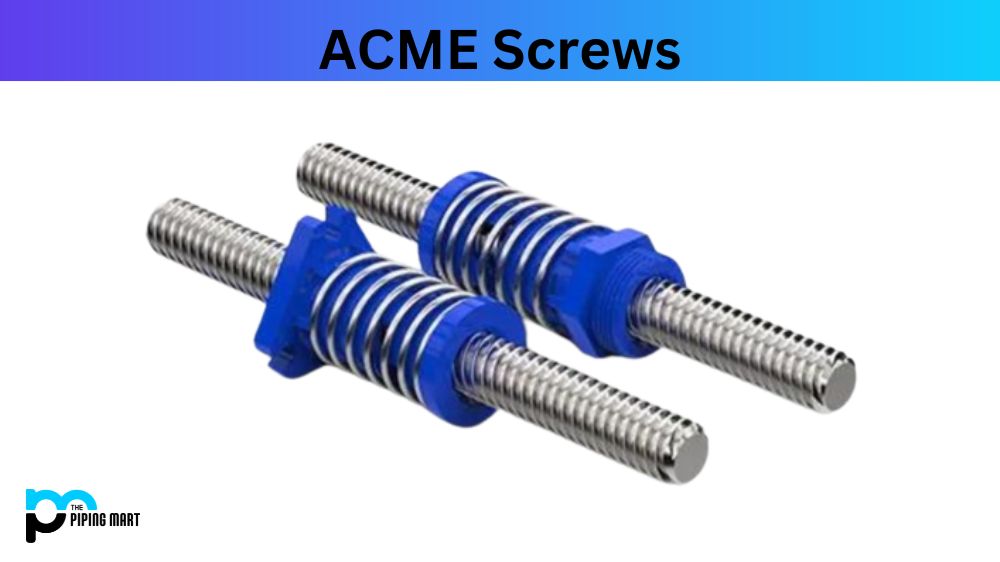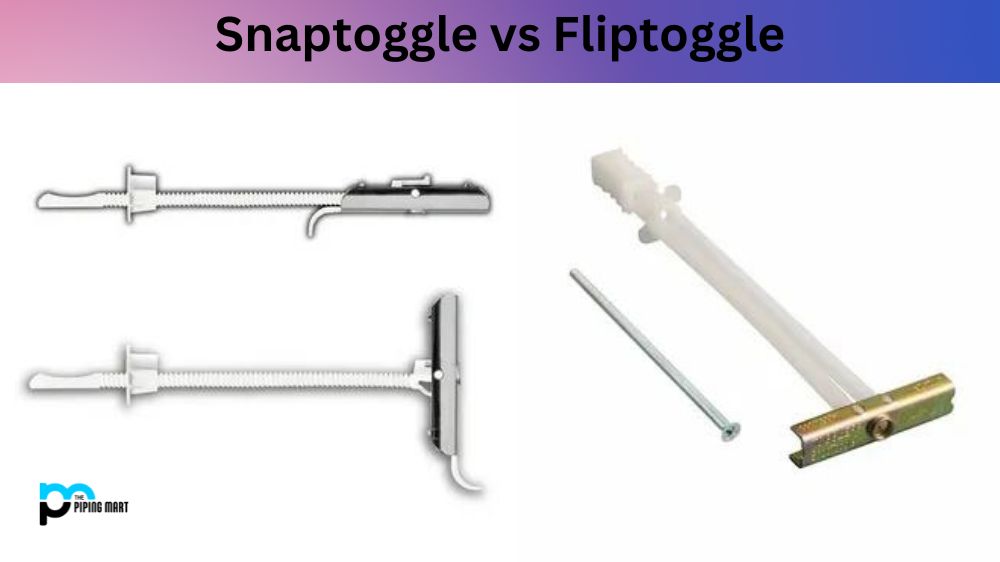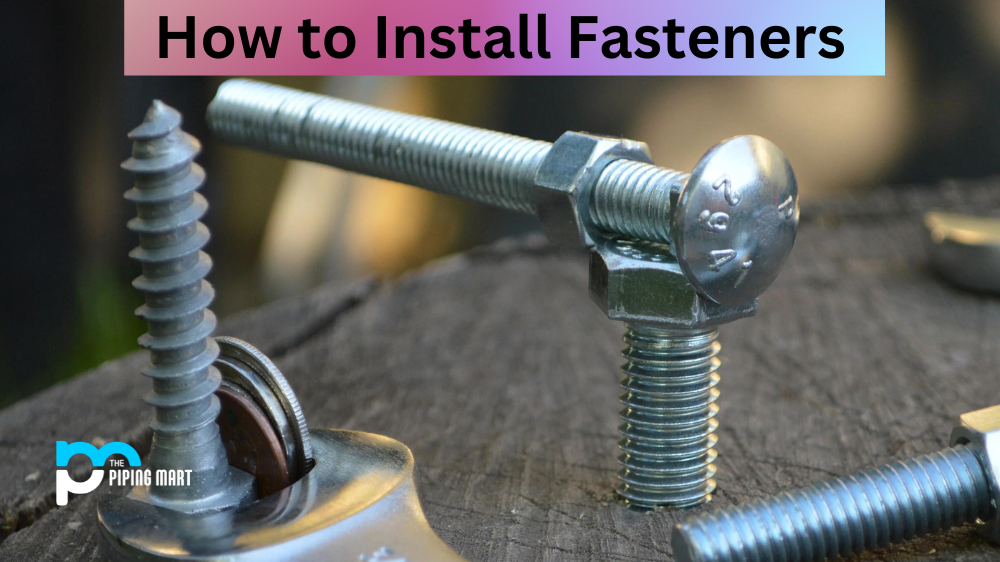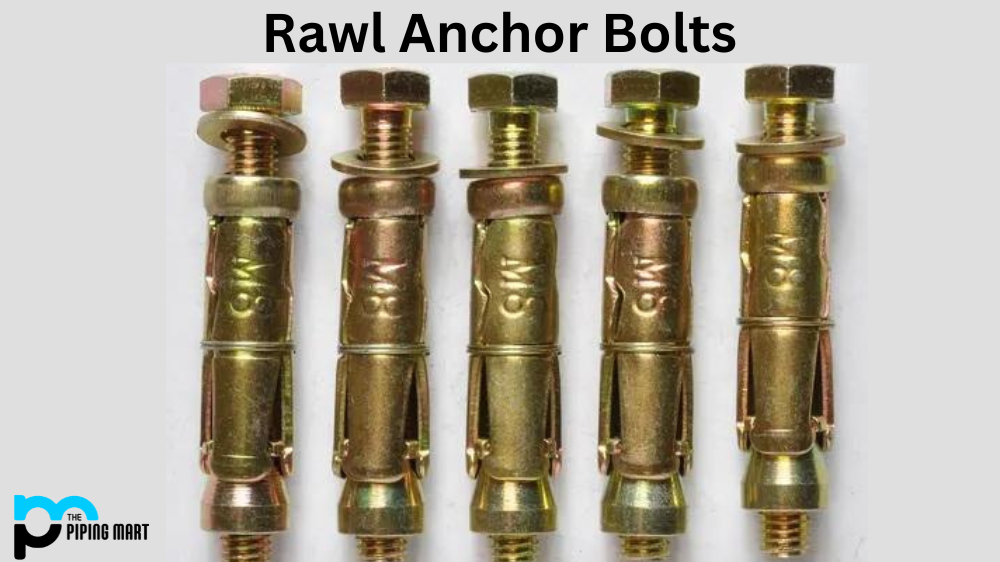Have you ever heard of ACME screw? ACME screw is widely used in industries and manufacturing plants for its ability to efficiently and accurately convert rotary motion into linear motion. However, like any other technology, ACME screw also comes with its set of advantages and disadvantages. In this blog post, we will explore the advantages and disadvantages of ACME screws. So, if you are planning to use ACME screw or want to understand more about it, keep reading!
Advantages of ACME Screw
High Efficiency: ACME screw is known for its efficiency in converting rotary motion into linear motion. With its trapezoidal thread profile, it provides a larger contact area between the screw and the nut, resulting in higher efficiency and less wear and tear.
High Precision: ACME screw is also designed to provide high precision. It is ideal for applications that require accuracy in repetitive tasks. ACME screws can achieve a repeatable accuracy of up to 0.025mm, which makes it a popular choice among manufacturers.
Low Cost: Compared to other types of screws, ACME screw is relatively low cost. It is perfect for budget-conscious manufacturers who must produce high product volumes without sacrificing accuracy and efficiency.
Easy maintenance: ACME screw is easy to maintain. Thanks to its simple design, it is easy to clean and lubricate, which helps to extend its life.
Disadvantages of ACME Screw
High Friction: One of the disadvantages of ACME screws is its high friction. Due to its trapezoidal thread profile, ACME screw tends to experience more friction than other types of screws. This can result in increased wear and tear, affecting its accuracy and efficiency over time.
Limited travel speed: ACME screw has a limited travel speed. Due to its high friction and low efficiency, ACME screw is not suitable for high-speed applications. Manufacturers who require high-speed production may need to consider other types of screws.
Not suitable for heavy loads: ACME screw is not ideal for heavy load applications. Due to its trapezoidal thread profile, it may experience more stress under heavy loads, which can affect its accuracy and efficiency.
Reduced life span: Another disadvantage of ACME screw is that it has a reduced life span. Due to its high friction and wear and tear, ACME screws may need to be replaced more frequently than other types of screws. This can result in higher maintenance costs and downtime for manufacturers.
Conclusion:
In conclusion, ACME screw is a popular choice among manufacturers due to its efficiency, precision, low cost, and ease of maintenance. However, it also comes with disadvantages, including high friction, limited travel speed, reduced life span, and unsuitable for heavy loads. Manufacturers who need to produce high volumes of products and require accuracy in repetitive tasks can benefit from ACME screws, while those who require high-speed production or heavy-load applications may need to consider other types of screws. Understanding the advantages and disadvantages of ACME screws can help manufacturers make an informed decision when selecting the right screw for their application.
Meet Heer, a dynamic and driven writer learning tricks of her trade in the metal industry. With a background in Digital Marketing, Heer brings a unique perspective to her writing, sharing valuable insights. Apart from blogging she like reading and hiking.




